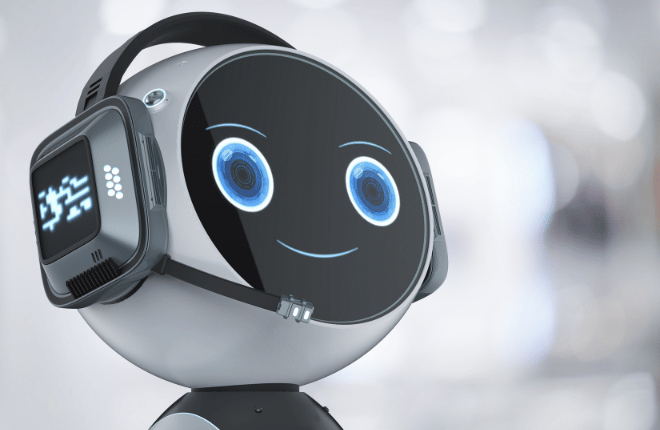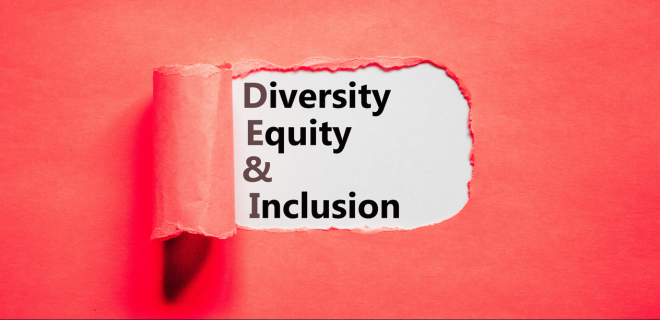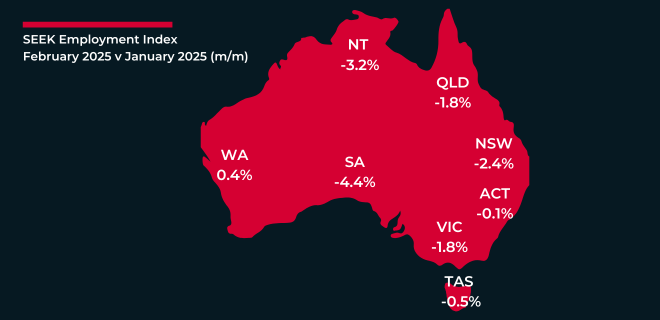Benefits and limitations of using ChatGPT in your recruitment and HR processes

In recent years, the field of Human Resources has undergone a significant transformation, thanks in large part to the increasing role of technology in recruitment and HR processes.
One technology that is becoming increasingly popular in the recruitment and HR space is ChatGPT, a machine learning model that can generate human-like responses to text-based inputs.
In this blog post, we will explore how ChatGPT can be used in recruiting and HR, including its benefits and limitations, and provide some best practices for integrating ChatGPT into your recruitment and HR processes.
What is ChatGPT?
ChatGPT is a natural language processing (NLP) model developed by OpenAI that uses machine learning to generate human-like responses to text-based inputs. The model is based on a large dataset of text and is trained to understand the context and nuances of human language.
ChatGPT has many potential applications in a wide range of fields, including customer service, education, and healthcare, and it is increasingly being used in the HR and recruitment space.
How to use ChatGPT
Here are some ways that ChatGPT can be used in Recruiting and HR:
- HR: ChatGPT can assist in writing job descriptions, job ads, policies, and interview questions. However, it is important to note that ChatGPT is a machine learning model and may require some input and guidance from a human to ensure that the output is accurate and appropriate for the organisation’s needs.
- Recruitment: Chatbots can assist with the recruitment process by answering common questions from job seekers, such as the status of their application, the requirements for a particular job, or the company culture. ChatGPT can provide personalised and helpful responses to candidates 24/7, freeing up HR staff to focus on more complex tasks.
- Onboarding: Chatbots can also help new hires during the onboarding process. For example, ChatGPT can provide answers to frequently asked questions about company policies and benefits, or provide guidance on filling out necessary paperwork. Chatbots can also help new hires get to know their colleagues by suggesting introductions and facilitating virtual meet-and-greets.
- Employee engagement: Chatbots can help increase employee engagement by providing regular check-ins with employees, offering personalised recommendations for professional development, and soliciting feedback from employees. Chatbots can also provide reminders about important dates, such as birthdays or work anniversaries, helping employees feel more connected to their colleagues and the company.
- Performance management: Chatbots can assist with performance management by providing real-time feedback to employees on their progress towards goals, offering personalised coaching, and identifying areas where employees may need additional support. Chatbots can also assist managers with performance evaluations, providing data and insights to inform the evaluation process.
- Exit interviews: Chatbots can facilitate the exit interview process by providing employees with a confidential and anonymous channel to provide feedback about their experience with the company. Chatbots can also help HR departments identify patterns and trends in employee feedback, allowing them to make changes to improve employee satisfaction and retention.
Benefits of Using ChatGPT in Recruiting and HR
There are several benefits to using ChatGPT in recruiting and HR:
- Time Savings: ChatGPT can help save time in recruitment and HR processes by automating certain tasks such as generating job descriptions, job ads, and interview questions.
- Consistency: ChatGPT can help ensure that the language used in recruitment and HR processes is consistent and standardised, which can improve the overall quality of the process and help avoid errors.
- Scalability: ChatGPT can help organisations scale their recruitment and HR processes by automating certain tasks and freeing up human resources to focus on more complex tasks.
- Improved Candidate Experience: ChatGPT can help improve the candidate experience by providing prompt and personalised responses to candidate inquiries.
Limitations of Using ChatGPT in Recruiting and HR
While there are many benefits to using ChatGPT in recruiting and HR, there are also some limitations to consider:
- Lack of Human Touch: ChatGPT is a machine learning model, and as such, it lacks the human touch that is essential in recruitment and HR processes.
- Limited Context: ChatGPT may generate responses that are accurate in a general sense, but lack the contextual knowledge that a human would possess.
- Bias: ChatGPT is only as unbiased as the data it is trained on. If the training data contains biases, those biases may be present in the model’s responses.
Best Practices for Using ChatGPT in Recruiting and HR
If you are considering using ChatGPT in your recruitment and HR processes, here are some best practices to keep in mind:
- Start Small: Begin by using ChatGPT to automate simple and repetitive tasks, such as generating job descriptions or screening resumes.
- Test and Refine: Continuously test and refine ChatGPT’s responses to ensure that they are accurate and aligned with your organization’s values and goals.
- Combine with Human Expertise: ChatGPT should be used in conjunction with human expertise to ensure that the responses generated are appropriate and aligned with the organisation’s needs.
- Monitor for Bias: Monitor ChatGPT’s responses for biases, and adjust the training data as necessary to mitigate any biases that are present.
In Summary
ChatGPT has many potential applications in the HR and recruitment space, and can be a powerful tool for automating certain tasks and improving the overall efficiency of recruitment and HR processes. However, it is important to recognise the limitations of ChatGPT and to use it in conjunction with human expertise to ensure the best outcomes for your organisation and its employees. By following best practices and continuously refining its use, ChatGPT can be a valuable addition to any HR or recruitment team.

 Job Seekers
Job Seekers Resources
Resources Timesheets
Timesheets Submit a CV
Submit a CV Login
Login Temporary Staffing Solutions
Temporary Staffing Solutions Permanent Recruitment Solutions
Permanent Recruitment Solutions Executive Search
Executive Search Payroll Services
Payroll Services Employer Resources
Employer Resources HR Services
HR Services WHS Consulting
WHS Consulting Outplacement / Career Transition
Outplacement / Career Transition Accounting and Finance
Accounting and Finance Business Support
Business Support Community Services
Community Services Customer Service
Customer Service Engineering
Engineering Events and Exhibitions
Events and Exhibitions Government
Government Healthcare
Healthcare Labour Hire
Labour Hire Manufacturing
Manufacturing Not-for-profit
Not-for-profit Sales and Marketing
Sales and Marketing Warehousing and Logistics
Warehousing and Logistics About us
About us Meet the Team
Meet the Team Blog
Blog Community
Community Join the Team
Join the Team Candidate Timesheet
and Portal Information
Candidate Timesheet
and Portal Information Blog
Blog Join the Team
Join the Team Payroll Services
Payroll Services Timesheets
Timesheets Customer Service
Customer Service Engineering
Engineering Warehousing & Logistics
Warehousing & Logistics

